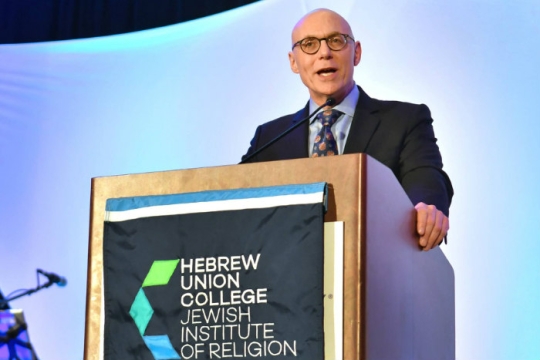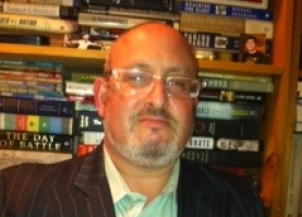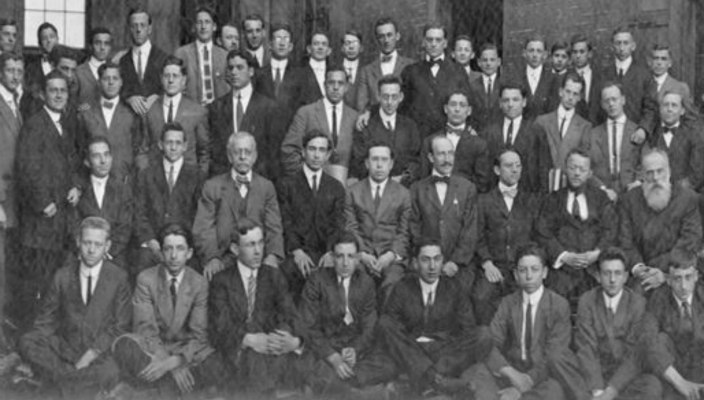
Making sweeping historical generalizations is easy. Lots of people make them, even the best of historians.
Broad statements can be a “necessary evil” when one is faced with limited time or space to make an historical point. But generalities can easily mutate into over-simplifications that ultimately obscure – if not distort – historical narratives of particular moments or communities.
For example, we Reform Jews are sometimes the unwilling recipients of generalizations about our politics and religiosity. Sometimes, though, we are guilty of the same sin.
Some were surprised by the Reform Jewish community's recent response to the Obama administration’s Joint Comprehensive Plan of Action Agreement, intended to regulate Iran’s use of nuclear power. Voicing a lack of “unity of opinion among the Reform leadership,” the Union for Reform Judaism declined to either support or oppose the initiative.
But maybe those of us who were surprised should not have been. The Reform community is deeply grounded in the principle of pluralism. Reform Jews do not march in lockstep on every issue – religious, political, or otherwise. An accurate account of Reform Jewry’s relationship with Zionism, likewise, defies sweeping generalizations.
In 1943, the world was embroiled in total war and the details of the Holocaust were unfolding. It was a moment when a commitment to unity might have been expected to be an overriding value. Yet in the mid-1940s, disagreement over Zionism threatened to tear Reform Judaism apart.
As Dr. Michael A. Meyer details in Response to Modernity: A History of the Reform Movement in Judaism, the ideological clash over Zionism mirrored other discontinuities within the Reform community, both institutional and cultural, that may seem insignificant today, but which then threatened to intensify longstanding rifts.
Institutionally, the Reform rabbinate was composed, on the one hand, of individuals ordained at Cincinnati’s Hebrew Union College (HUC) founded in 1875 by Rabbi Isaac M. Wise. On the other hand, by the Second World War, a significant portion of the Reform rabbinate had been ordained at the Jewish Institute of Religion, established by Rabbi Stephen S. Wise in New York City in 1922. The schools did not merge until 1948, and even so, it took partisans of both seminaries years to accept the consolidation.
HUC had been founded upon the culture of an acculturating, German-American Jewry and catered to a more Midwestern and Southern demography, while the JIR was culturally East Coast and far more Eastern-European in terms of ethnicity. The college was also solidly committed to the philosophy of Classical Reform Judaism, first articulated in the Central Conference of American Rabbis’ (CCAR) 1885 Pittsburgh Platform – a document that could hardly be described as pro-Zionist. Indeed, for more than a century, critics of the Reform Movement – despite Reform’s later, full-fledged embrace of Zionism – have continued to parlay the canard that Reform Judaism remains anti-Zionist, if not anti-Israel.
Nevertheless, well into the 20th century, the college was a bastion of anti-Zionism and for decades had inculcated its students with a staunchly anti-Zionist philosophy, as detailed in two articles by Dr. Michael Meyer in Hebrew Union College-Jewish Institute of Religion at One Hundred Years, edited by Samuel E. Karff. At the same time – as Rabbi David Polish notes in his chapter in The American Rabbinate: A Century of Continuity and Change, 1883-1983 edited by Rabbi Jacob Rader Marcus – Rabbi Stephen Wise was arguably the paramount leader of American Zionism until his death in 1949. Promoting Zionism while creating a cadre of pro-Zionist Reform rabbis were essential dynamics behind his founding of the JIR.
Institutional rivalry and ideological conflict frequently played out via the CCAR, sometimes openly and at other times behind closed doors. By the 1940s, some Reform leaders actually feared that the movement would be torn asunder over the question of Zionism. Rabbi Solomon H. Freehof, was then a nationally known leader and among the most exceptional intellects of the Reform rabbinate. But as he wrote in 1943 letter (heretofore unpublished) to a lay leader of the then-Union of American Hebrew Congregations (UAHC) – and now part of the Maurice J. Bloom Papers at the American Jewish Archives:
The dispute between our anti-Zionists and our Zionist has seriously disturbed the peace of the U.A.H.C. and is now beginning to endanger its existence…. we, the liberals, who are presumed to be tolerant, do not seem to know how to get along with each other when we differ on this question…Each of the two parties wishes to conquer the entire Union. Each threatens to secede or to neglect the Union if the other side wins.
Seventy-five years later, we know that Zionism did not break up the Reform Movement and it seems unlikely that the current lack of unity over Iran policy will lead to the splintering of Reform Jewry.
Historical generalizations are sometimes necessary. But if we are truly to understand our own Reform Movement history, we would do well to keep an open mind rather than fixate upon seemingly iron clad historical generalities. Transmitting communal history can get messy, but that is just what makes it so interesting.
Have something to say about this post? Join the conversation in The Tent, the social network for congregational leaders of the Reform Movement. You can also tweet us or tell us how you feel on Facebook.
Related Posts
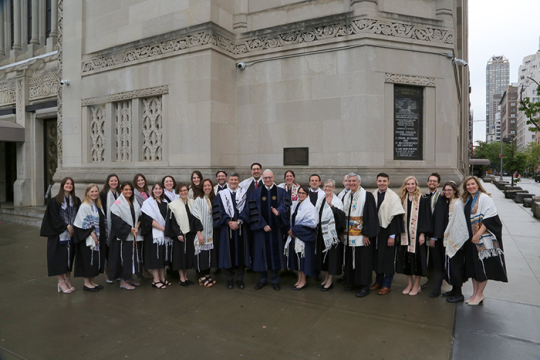
A Year of Strategic Change, Reckoning, and Gratitude
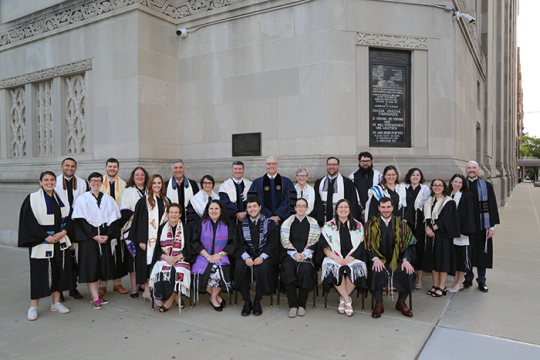
Ordination and Achieving the Highest Ethical Conduct
